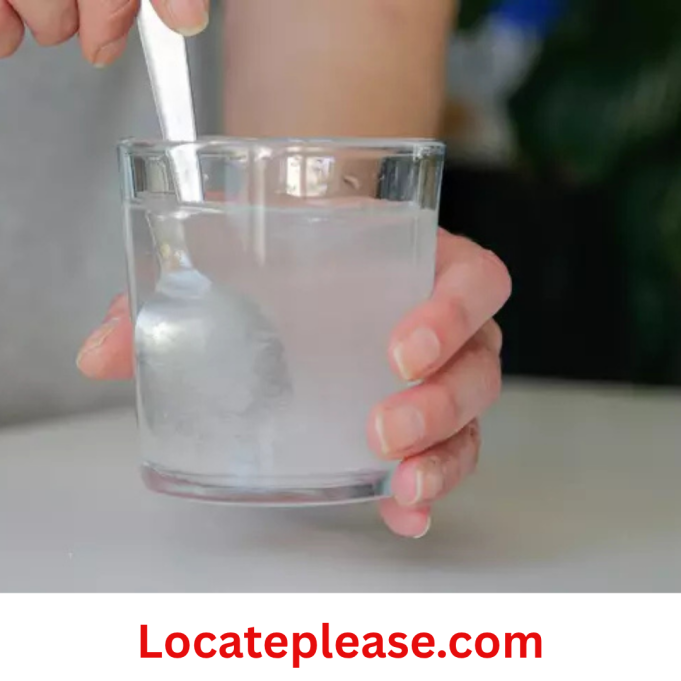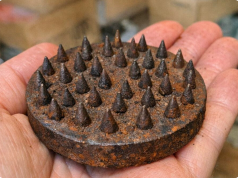If you’re taking collagen supplements hoping to restore your skin’s youthful glow, a UK-based physician is urging caution—revealing hidden risks lurking in some popular products.
As we age, our body’s natural collagen production declines. This protein, responsible for keeping skin firm, plump, and wrinkle-free, begins to fade—leading to visible signs like sagging, hollowing, and fine lines. It’s no wonder so many turn to collagen pills, powders, or gummies as a quick fix.
But according to Dr. Asif Ahmed, a general practitioner in the UK, not all collagen supplements are created equal—and some may carry more risk than reward.
The Hidden Danger in Your Supplement Bottle
While collagen supplementation can support skin elasticity and hydration, Dr. Ahmed warns that the industry lacks strict regulation, leaving consumers vulnerable to unseen contaminants.
In a review of scientific literature and market analysis, he highlighted a concerning discovery:
A large-scale investigation tested 20–30 collagen supplement brands and found detectable levels of heavy metals—including lead, arsenic, and mercury—in many of them.
“Now, this isn’t inherently alarming,” Dr. Ahmed explains. “Trace amounts of these elements exist naturally in foods like rice or seafood. The issue is how much is present—and whether it exceeds safe limits.”
Because the dietary supplement industry is largely unregulated, there’s no mandatory testing or labeling requirement for heavy metals. That means unless a company voluntarily conducts third-party testing, consumers have no way of knowing what’s really inside their bottle.
“You can’t tell just by looking at the label,” says Dr. Ahmed. “Unless the brand provides transparency through independent lab results, you’re essentially trusting them blindly.”
Choosing Wisely Matters
Dr. Ahmed stresses that collagen can be beneficial—but only if you choose wisely. He advises opting for clean, high-quality sources from reputable companies that provide third-party testing certifications (often labeled as “tested for purity” or “certified contaminant-free”).
There are two main types of collagen supplements:
- Bovine collagen: Sourced from cows; also found in bone broth and marrow.
- Marine collagen: Derived from fish skin; often praised for its bioavailability.
Both can be effective, but marine collagen may be easier for the body to absorb, while bovine options are often more affordable.
Protecting Your Natural Collagen Levels
Beyond supplements, everyday habits play a major role in collagen health. According to the Cleveland Clinic, factors that accelerate collagen breakdown include:
- Excessive sun exposure (UV damage)
- Smoking
- High sugar and refined carbohydrate intake
Signs your collagen may be declining include:
- Wrinkled, sagging skin
- Hollowing around the eyes and cheeks
- Joint stiffness or pain
- Weakened muscles
- Digestive issues
- Poor circulation
The Bottom Line
Collagen supplements aren’t inherently harmful—but quality matters. While they can help improve skin texture and joint health, choosing an unverified product could expose you to harmful toxins over time.
Dr. Ahmed’s advice?
“Don’t just buy the cheapest option online. Look for brands that are transparent, test for purity, and clearly state what’s in the product. When it comes to your health, it pays to be picky.”
So before you reach for that next scoop or capsule, ask yourself: Do I know exactly what’s in this bottle? Because when it comes to supplements, what you don’t know can hurt you.






